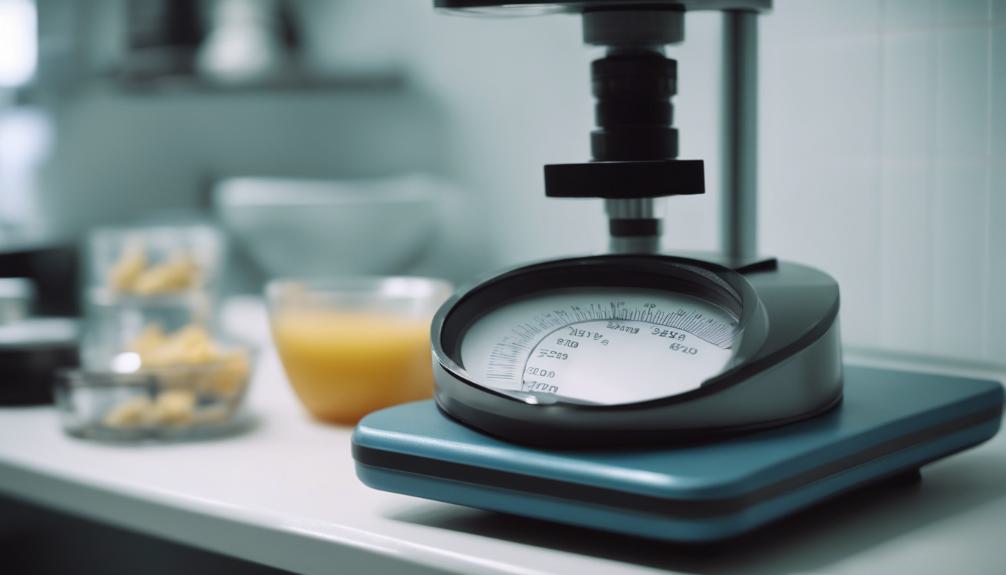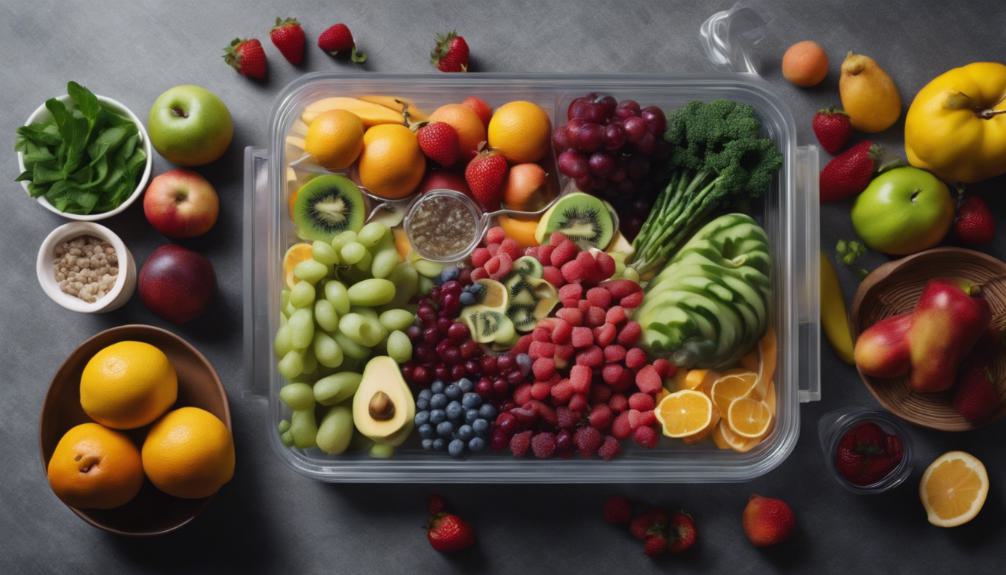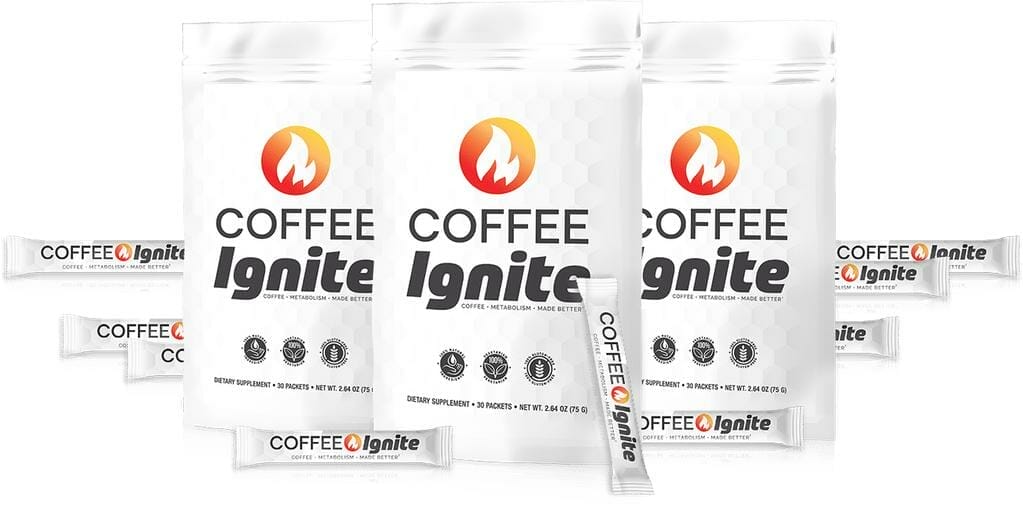During colonoscopy prep, you might notice temporary weight loss mainly from shedding water weight because of the liquid diet and laxatives. This weight drop isn’t a sign of long-term fat loss. It’s common to lose a pound or two, but it’s all about hydration. Your weight usually goes back to normal after the procedure. Remember, this quick weight change doesn’t mean you’re losing fat. To discover more about the process and effects on your body, keep exploring further information.
Understanding Colonoscopy Prep Weight Loss
When undergoing colonoscopy prep, it’s common to experience temporary weight loss primarily due to the shedding of water weight. The liquid diet and laxatives used for prep can lead to a decrease in overall body weight.
This weight loss is typically regained once regular eating resumes. It’s important to understand that this initial weight loss is mainly from water weight and not sustainable fat loss.
Effects of Clear Liquid Diet
To optimize the clarity of the colonoscopy procedure, adhering strictly to the prescribed clear liquid diet is crucial.
- Clear liquid diets guarantee a clear view of the colon.
- Red and dark liquids are prohibited to avoid interference.
- Following the diet enhances the procedure’s effectiveness.
- Proper compliance aids in a thorough examination for accurate results.
Temporary Nature of Weight Loss

Adhering strictly to the clear liquid diet for your colonoscopy procedure may result in temporary weight loss, primarily due to the shedding of water weight. Losing a pound or two is common before the procedure, but this weight loss isn’t indicative of fat loss.
Rehydration post-colonoscopy can lead to regaining the weight lost during prep. Understand that the weight lost during prep is likely to return once regular eating resumes.
Importance of Following Doctors Instructions
Following your doctor’s instructions for colonoscopy prep is crucial for guaranteeing a successful procedure and accurate examination of your colon.
Proper prep enhances the effectiveness of the colonoscopy.
Adherence to guidelines guarantees a clear view of the colon.
Doctor-recommended instructions minimize risks during the procedure.
Compliance supports overall success and health outcomes.
Healthy Weight Management Strategies

Considering long-term health goals, focusing on sustainable lifestyle changes is key for successful healthy weight management. It’s essential to understand that weight loss during colonoscopy prep is mainly from shedding water weight, not fat. Rehydration afterward may lead to regained weight.
Differentiating between water weight loss and long-lasting fat loss methods is pivotal. Post-colonoscopy, prioritize a balanced diet and regular exercise to maintain a healthy weight.
Frequently Asked Questions
How Do You Not Starve During Colonoscopy Prep?
To avoid starving during colonoscopy prep, stay nourished by consuming clear liquids like broth, gelatin, and sports drinks. Hydrate adequately and follow your doctor’s instructions to prevent hunger pangs. Avoid red and dark liquids for a clear view of the colon.
What Happens to Your Body When You Prep for a Colonoscopy?
Prepping for a colonoscopy involves fasting and purging, which leads to temporary weight loss mainly from water weight. Rehydrating post-procedure can result in regained weight, highlighting the non-sustainable nature of this weight loss method.
How Do You Get Calories During Colonoscopy Prep?
During colonoscopy prep, you get calories from clear liquids like broth, gelatin, and fruit juices. Caloric intake is minimal, focusing on bowel cleansing for a clear colon. Low energy levels may result due to reduced calories.
Does Colonoscopy Prep Clean Your Gut?
Yes, colonoscopy prep cleans your gut thoroughly by eliminating fecal matter and debris through laxatives and a clear liquid diet. Following prep instructions diligently is essential for a clean and visible colon during the procedure.
Conclusion
To sum up, weight loss during colonoscopy prep is common due to the clear liquid diet and cleansing process. However, this weight loss is temporary and shouldn’t be seen as a long-term solution for healthy weight management.
It’s important to follow your doctor’s instructions carefully during this time, and to focus on incorporating healthy weight management strategies after the procedure. Remember, the goal of colonoscopy prep is to guarantee a successful and accurate examination of your colon.








Leave a Reply
You must be logged in to post a comment.